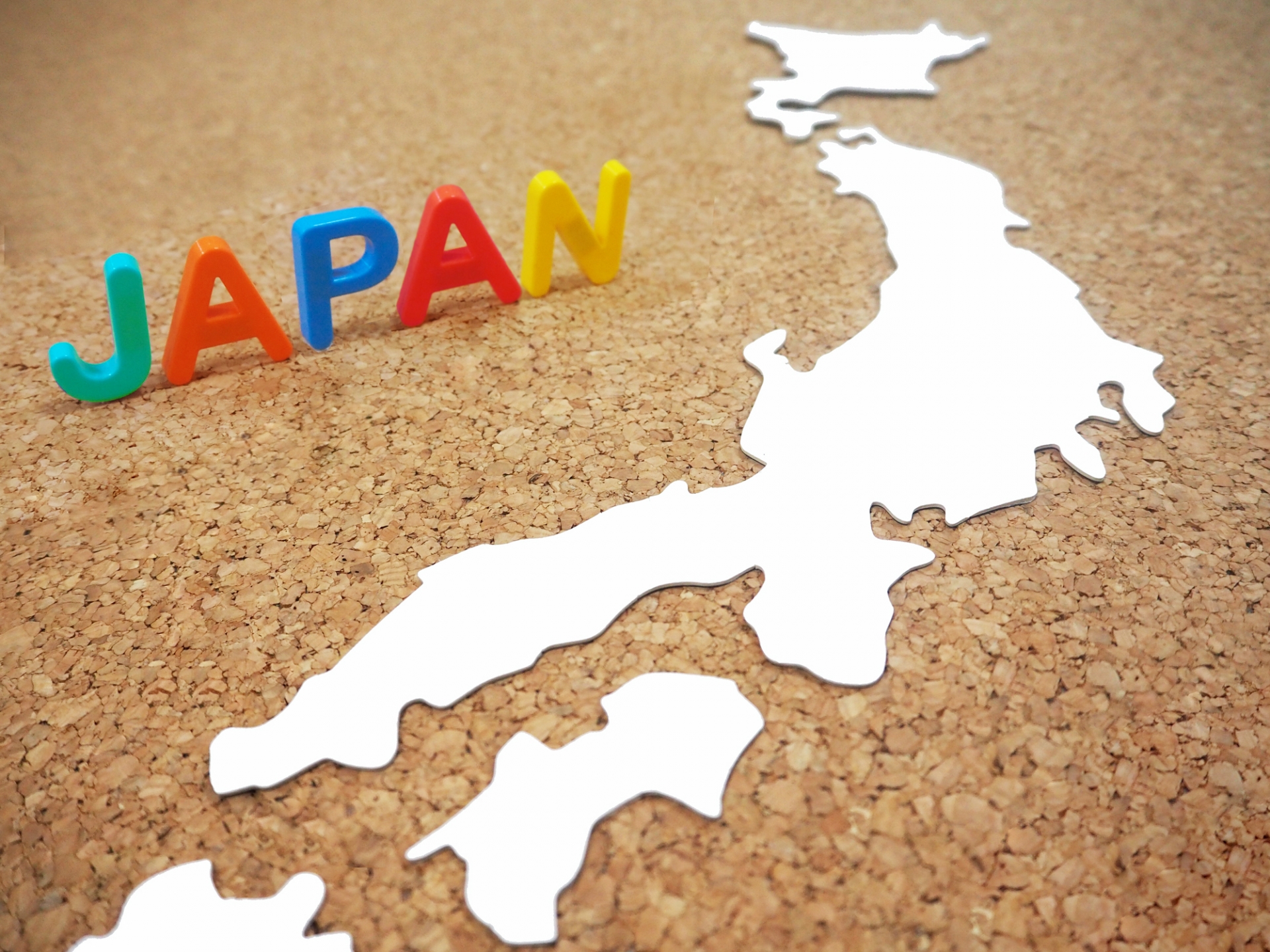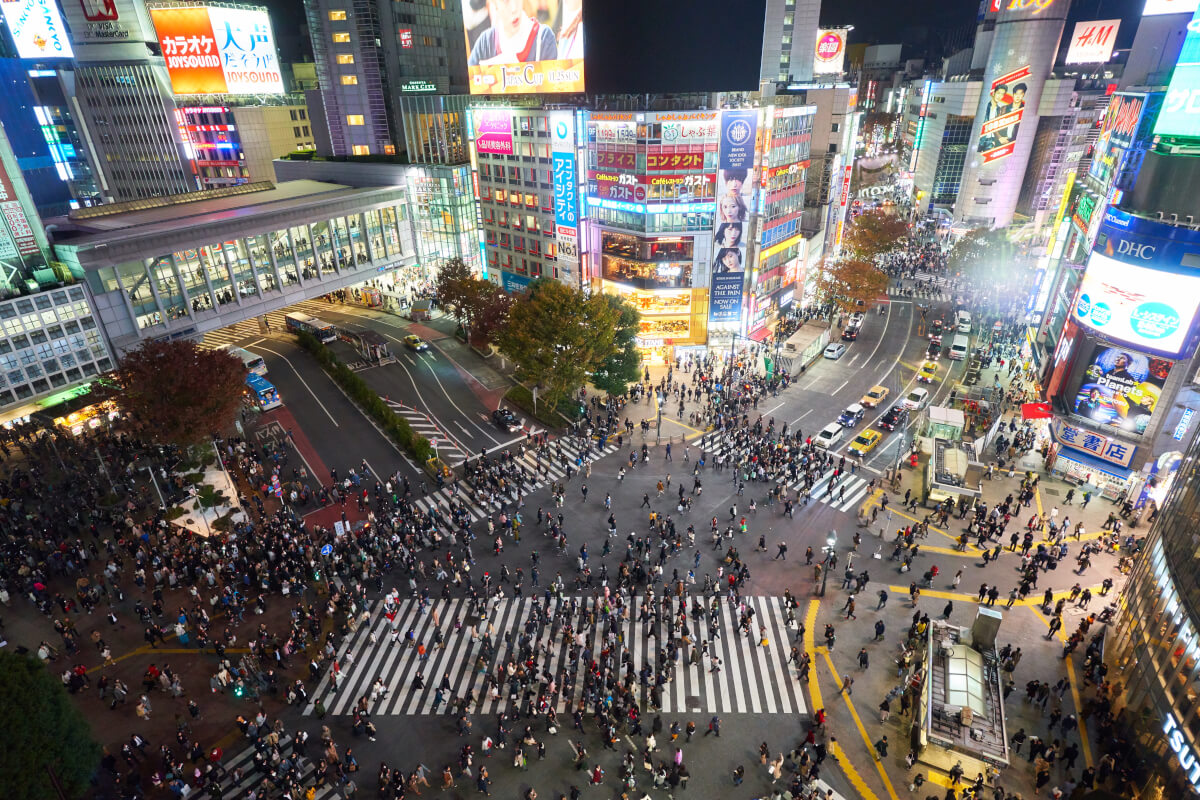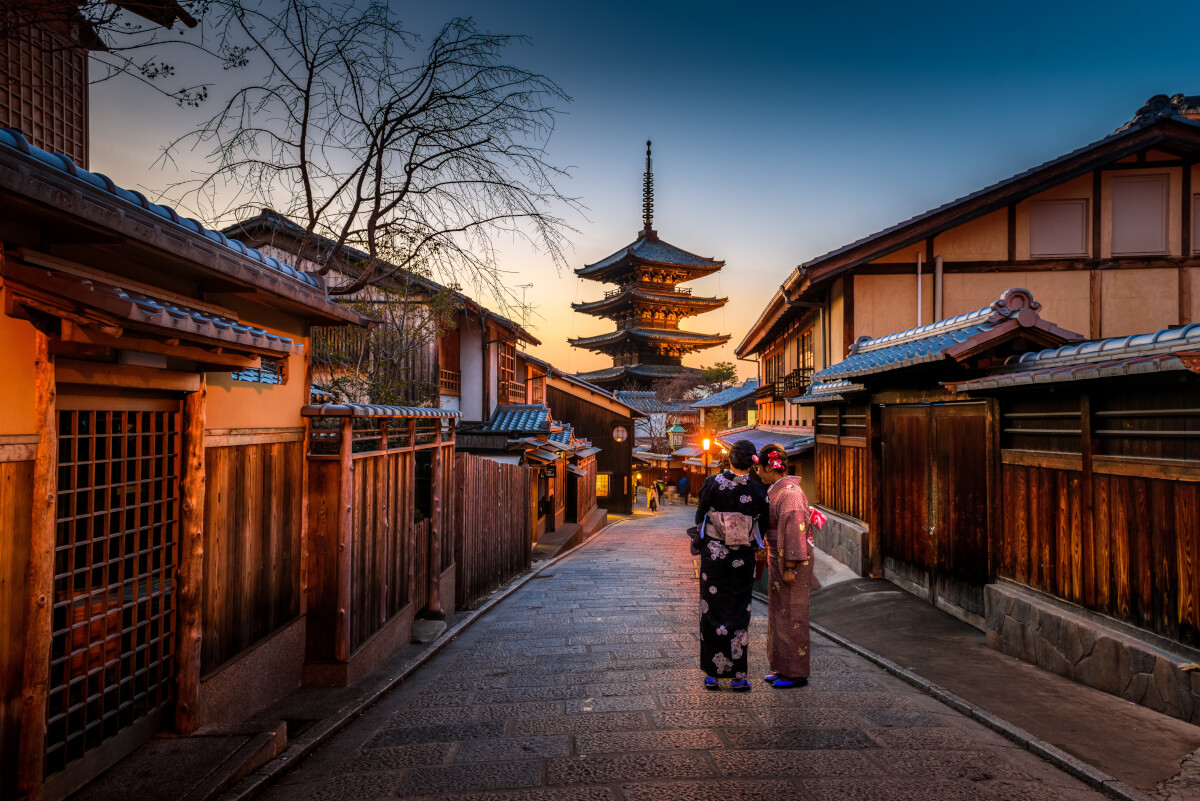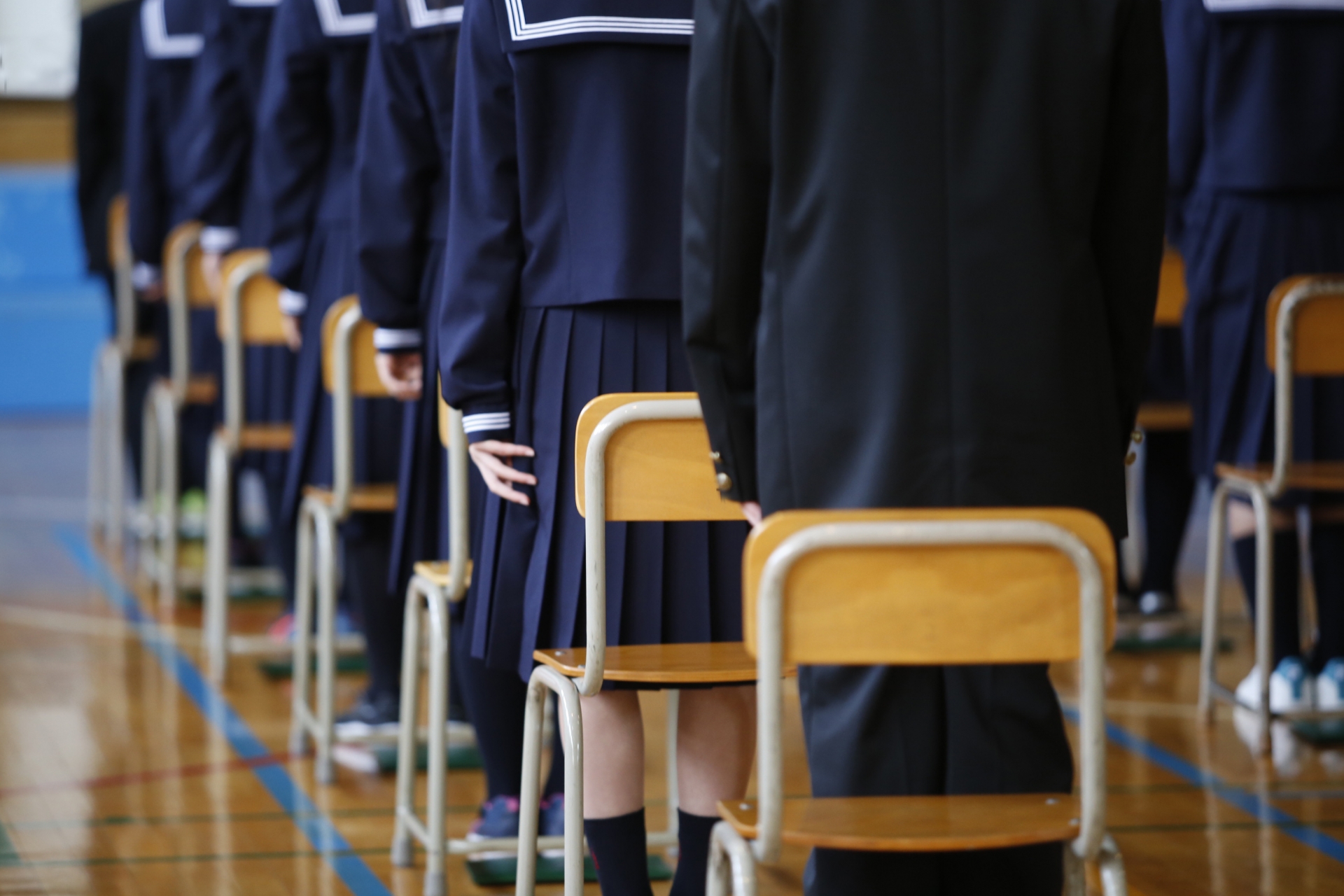If you think about the place names in Japan, what do you think of? Probably names like Tokyo, Osaka or Kyoto, right? There is a good chance that a lot of you are already familiar with some Japanese place names. However, not too many people know what they actually mean in Japanese. In this article we will be digging into the meanings behind some famous places in Japan!
The Three Alphabets Of Japanese
Before moving on, it will help you understand the place names better if you know a thing or two about the Japanese language. There are three alphabets (which each use different characters) used in JapanーHiragana, Katakana, and Kanji (Chinese characters).
Hiragana and Katakana, which originated in Japan, represent only sounds/syllables. The difference between Hiragana and Katakana is that while Hiragana represents the sounds of words that have been used in Japan for many years, Katakana represents the sounds of new words from abroad that have made their way to Japan more recently, especially from the English language. For example, ‘Tokyo’ is written ‘とうきょう’ in Hiragana, and ‘Asia’ is written ‘アジア’ in Katakana.
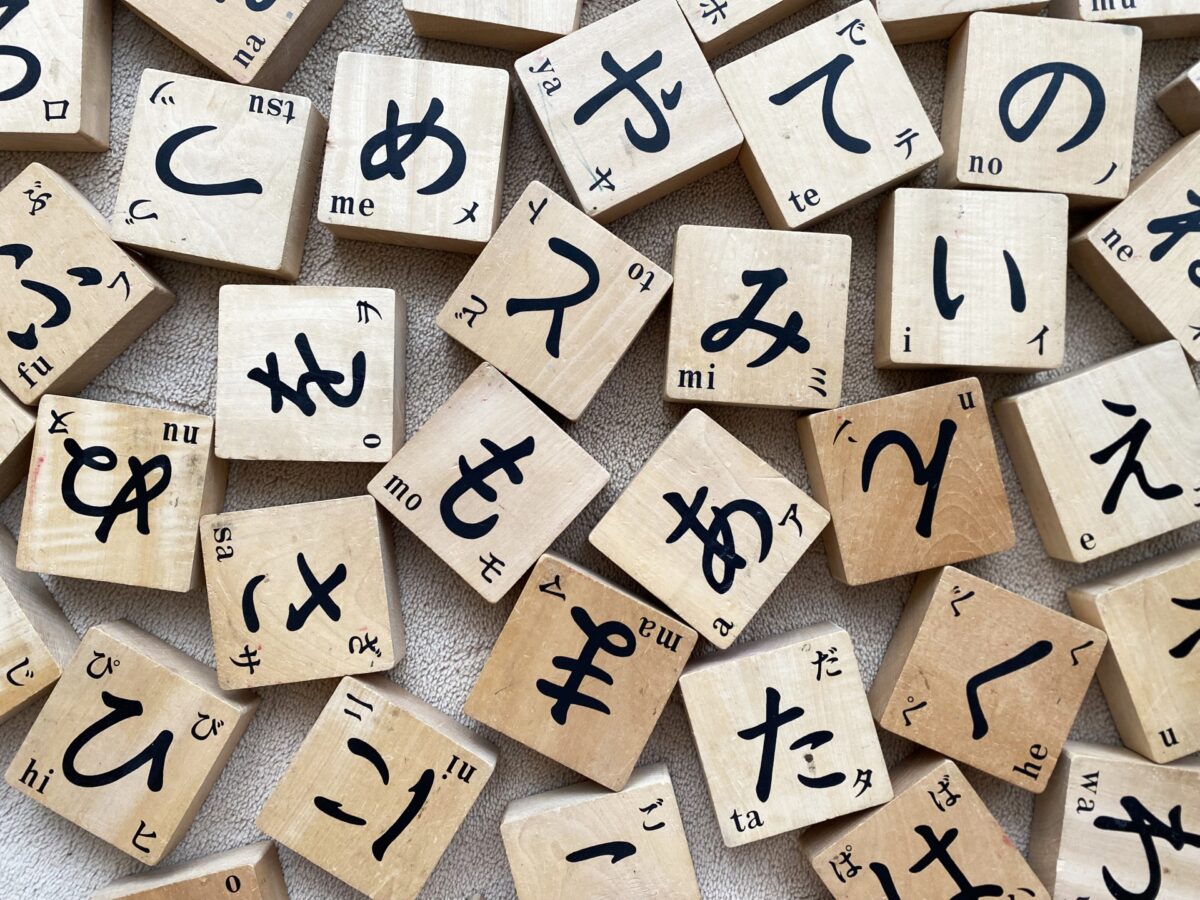
Kanji (Chinese characters), on the other hand, originated in China and were introduced to Japan in ancient times. They represent the meaning of the character in addition to their own distinct phonetics. Unlike Hiragana and Katakana, a Kanji character may be pronounced differently depending on the context, which can be very confusing. For this reason, while many Japanese people can pronounce Kanji compounds, these words can also be written out in Hiragana, which can be very helpful for children and non-native Japanese speakers.
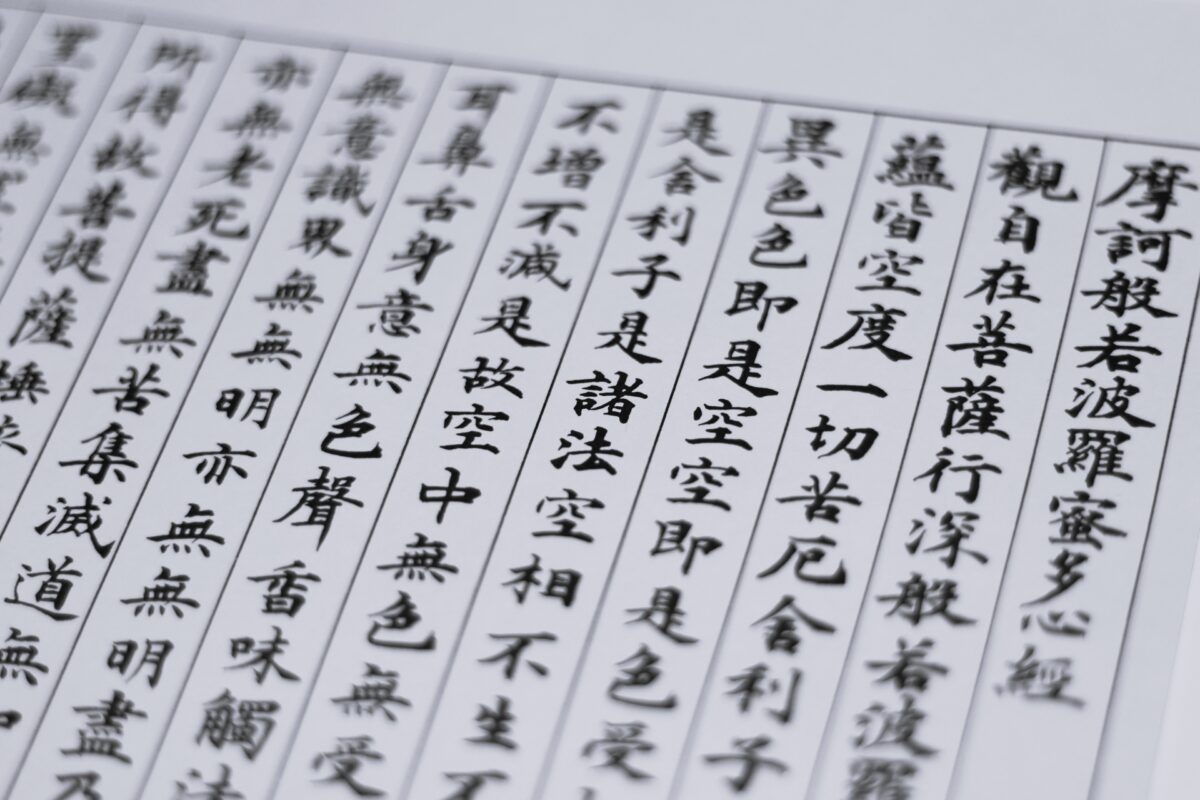
For most Japanese place names, typically Kanji is used so you can imagine the meaning behind each place based on the meanings of the Kanji characters. Let’s look at some examples!
Place Names and Their Meanings in Japan
1. Tokyo (東京)
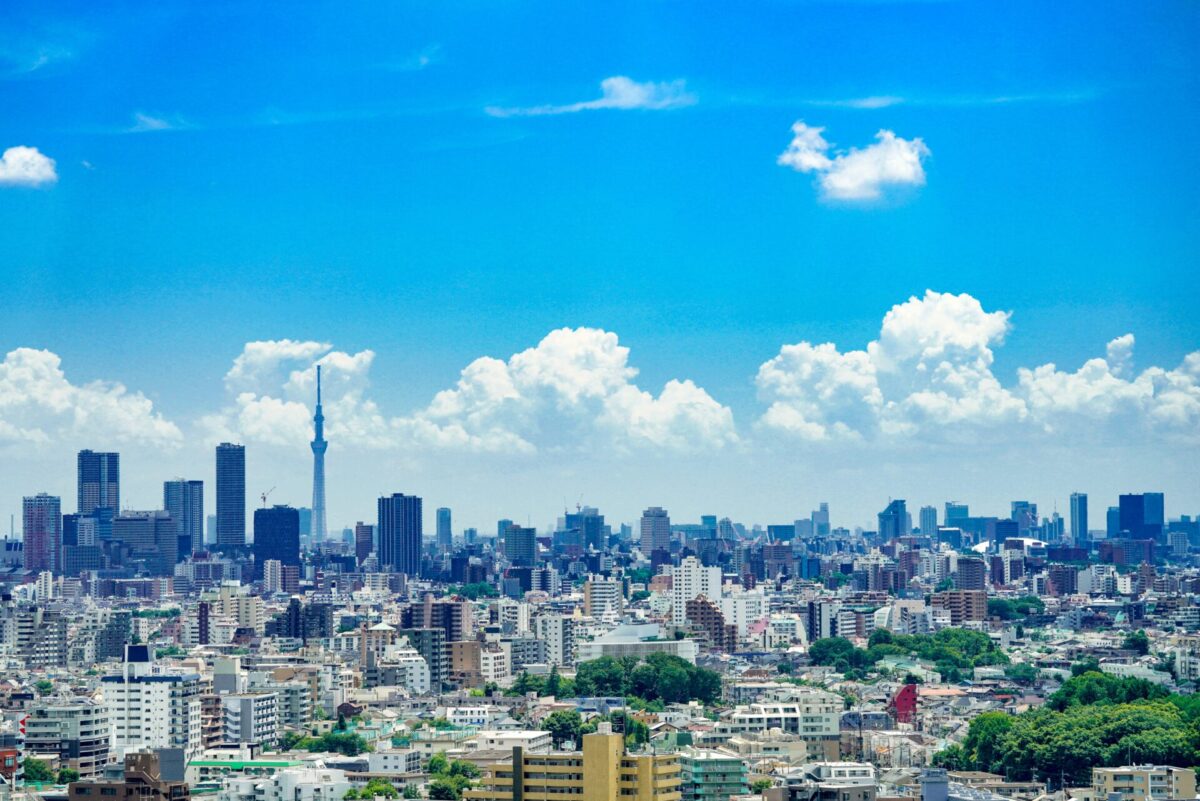
Tokyo, the capital of Japan, is the country’s political, economic, and commercial hub. ‘東’ is pronounced ‘tou’ and means east. ‘京’ is pronounced ‘kyo’ and means capital. In ancient times, the capital of Japan was where present day Kyoto (京都) is. The government eventually decided to move the Japanese capital to present day Tokyo. And Tokyo was actually once called Edo (江戸) before it became the capital and its name was changed to Tokyo.
2. Edo (江戸)
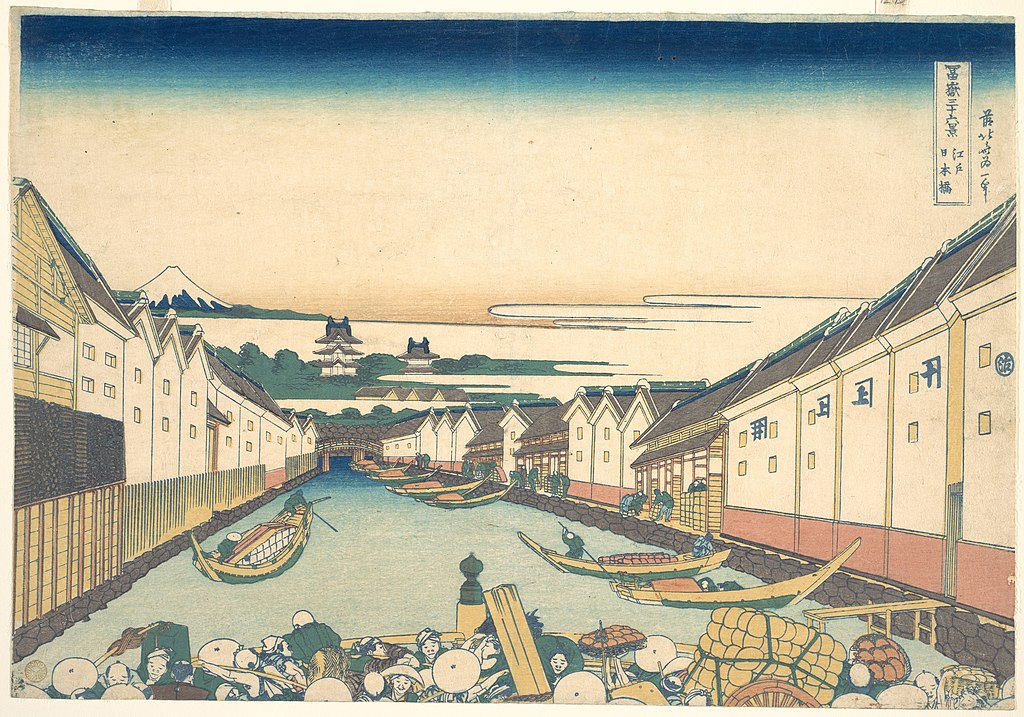
Used as the name for present day Tokyo before Tokyo became the capital of Japan, Edo also has its own distinct meaning. ‘江’ is pronounced ‘e’ and means cove or bay, and ‘戸’ is pronounced ‘do’ and means door. Edo (or Tokyo), located in the bay on the east coast of Japan, was the gateway for maritime transport. Even now, you may see the remaining Edo-related place names in the Tokyo area, such as the Edo River (江戸川) which runs through the eastside of Tokyo.
3. Kyoto (京都)
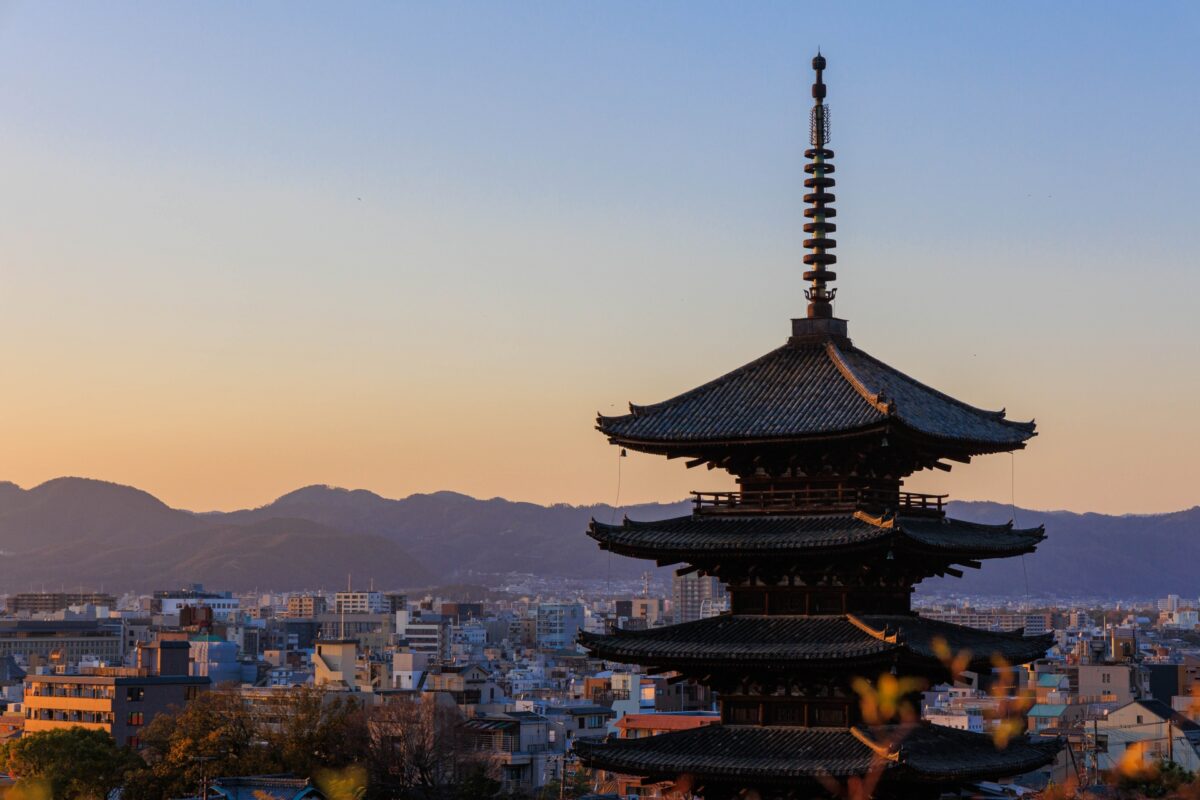
Serving as the capital of Japan for more than 1,000 years, Kyoto is famous for its many historic sites where people can enjoy Japanese culture and tradition. ‘京’ is pronounced ‘kyo’, ‘都’ is pronounced ‘to’, and both words mean capital. On a side note, ‘都’ is also used for the prefecture of the Japanese capital now, which is Tokyo (Tokyo-to [東京都]). The prefecture of Kyoto City is called Kyoto-fu (京都府), in which ‘府’ means capital or central district, but smaller than ‘都’.
4. Osaka (大阪)
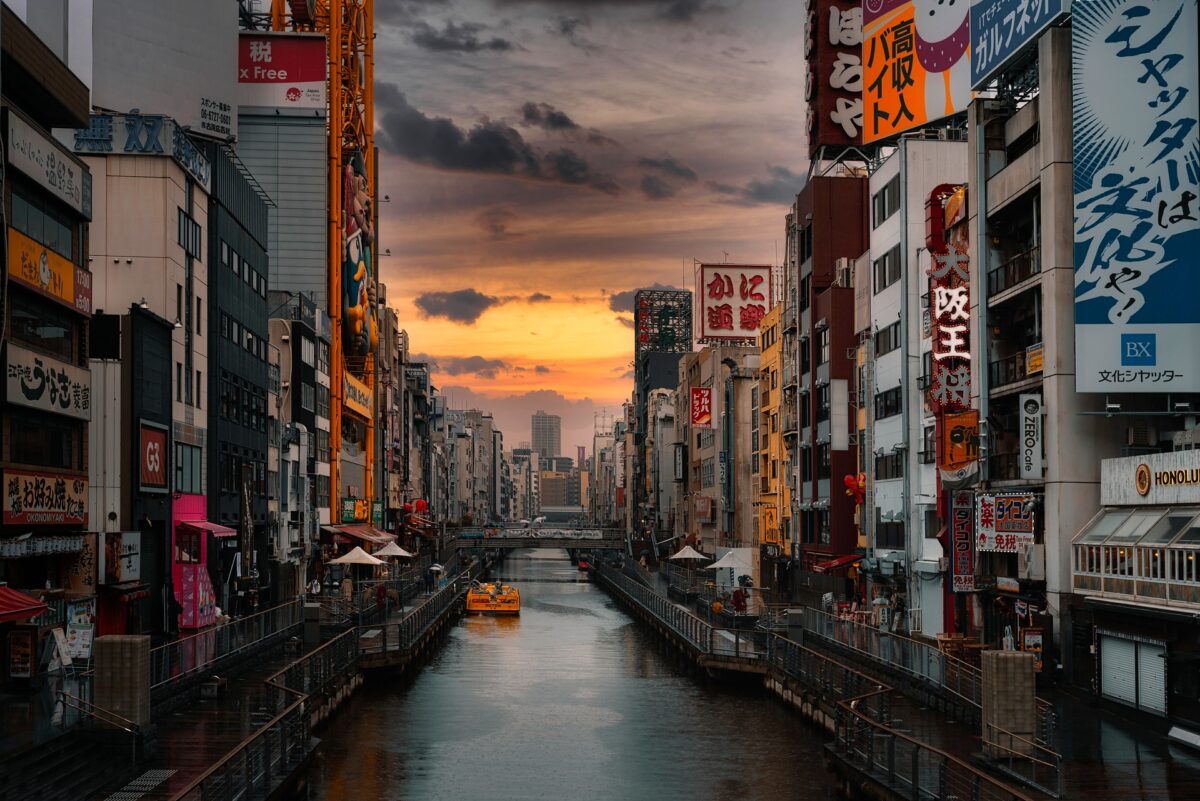
Osaka is the second largest city in Japan after Tokyo, and it is popular for its unique culture and food, which is different from pretty much everywhere else in the country. ‘大’ is pronounced ‘oo’ and means big or large. ‘阪’ is pronounced ‘saka’ and means hill. The hills in the area certainly had an influence on naming the city, but whether they were large or not is a matter of debate. Some say that the first kanji ‘大’ was originally another Kanji that was also pronounced ‘oo’ but was later changed to the kanji it is today.
5. Mt. Fuji/Fuji-san (富士山)
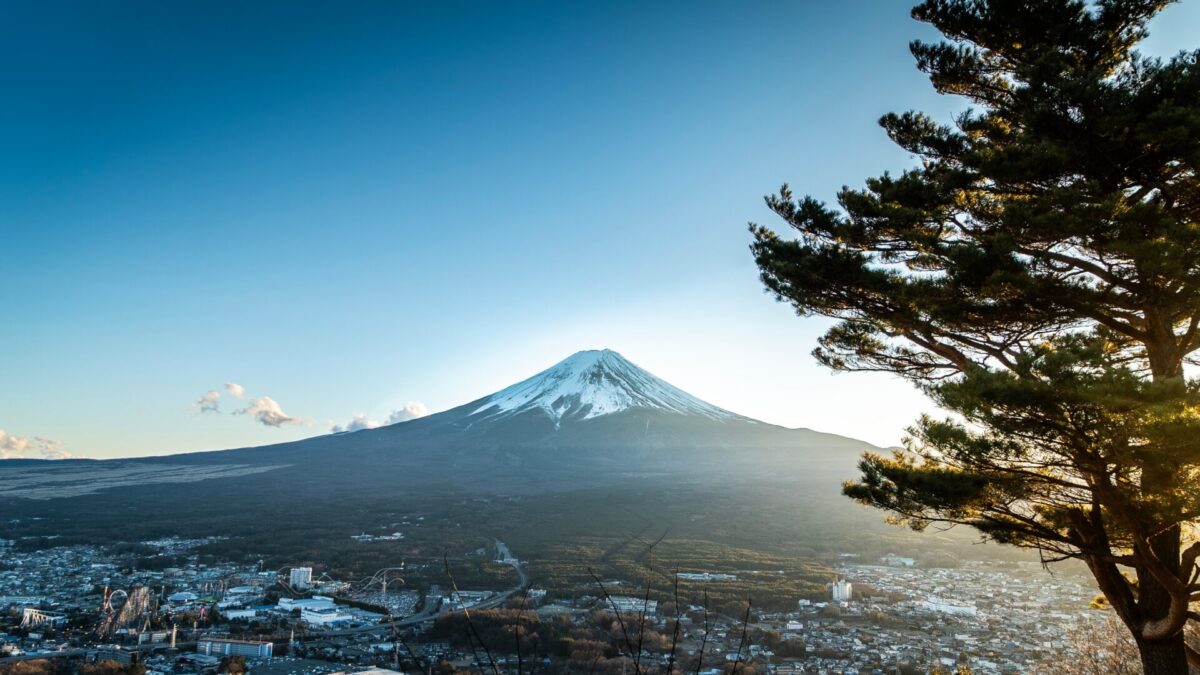
Known as the highest mountain in Japan, Mt. Fuji attracts many tourists every year for its scenic view. While ‘山’ is pronounced ‘san’ and means mountain, the meaning of ‘富士’ (fuji) is also up for debate. Many think it first got this name from one of the oldest pieces of Japanese literature, “Taketori-Monogatari: The tale of the Bamboo Cutter”, but people have different opinions on how the story influenced the name.
In “Taketori Monogatari “, Princess Kaguyahime gives the “Elixir of Immortality” to the emperor. However, the emperor, who was saddened by Kaguyahime’s return to the moon and lost hope for life, burned the elixir of immortality on the top of the highest mountain in Japan.
Some say that the word “Immortality” in Japanese (‘不死’ in Kanji in which ‘不’ [fu] means don’t or never, and ‘死’ [ji] means death) was born from the burning of this elixir of immortality, and at some point in time was changed to ‘富士’, which happens to be pronounced the same way.
Others argue that the emperor sent a messenger to burn the elixir of immortality on the highest mountain in Japan, and that he brought a large number of warriors up to the mountain with him. It is said that the name ‘富士’ (fuji), in which ‘富’ (fu) means plenty or rich and ‘士’ (ji) means ‘samurai’ or warrior arose from this story. But no one really knows the actual truth.
6. Beijing (北京)
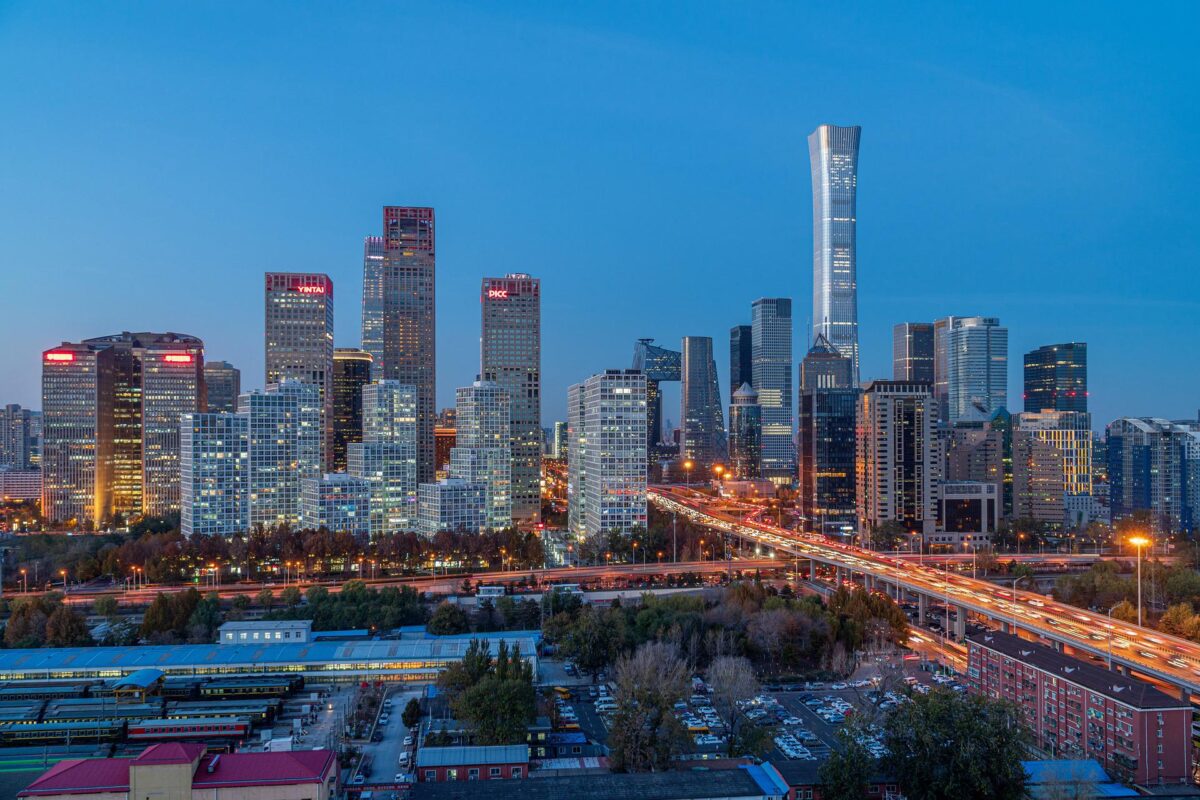
This one isn’t a place name in Japan, but because Kanji originally came from China, it can be good to see the meaning behind other place names in China as well. While the same characters are pronounced differently in Chinese and Japanese, the meaning of them is often the same or similar. Here, Beijing (北京) is pronounced ‘Peking’ in Japanese and uses ‘京’, which is pronounced ‘king’ but means capital in both Chinese and Japanese. The other word, ‘北’ is pronounced ‘pe’, but means north in both languages. There were several capitals in ancient China, and the north one is called 北京 or Peking(Beijing).
There are lots of different place names that have very interesting meanings in Japan. Japanese is a very unique language in the way that characters can symbolize various different things. We hope that you learned something new about place names in Japan and that you have a chance to visit some of these places in the near future!
Japan Wonder Travel Tours
Japan Wonder Travel is a travel agency that offers guided tours throughout Japan.
From private walking tours to delicious Food and Drink tours, we can help you organize the best tours just for you! If you want to explore Japan and learn more about the history and backstories of each area you are visiting, our knowledgeable and friendly English speaking guides will happily take you to the best spots!
In addition, we can provide you with any assistance you may need for your upcoming trip to Japan, so please feel free to contact us if yu have any questions or need some help!
▶Tokyo Tsukiji Fish Market Food and Drink Tour
Explore the most lively and popular fish market in Tokyo and try some of the local’s favorite street foods and sake with one of our friendly and knowledgeable English speaking guides!

▶Tokyo 1–Day Highlights Private Walking Tour (8 Hours)
There’s no better way to explore an area than taking a tour with a knowledgeable local guide. You will have the chance to learn about the history and interesting background stories of Tokyo, as well as discover some hidden gems which can be hard to do without a guide.
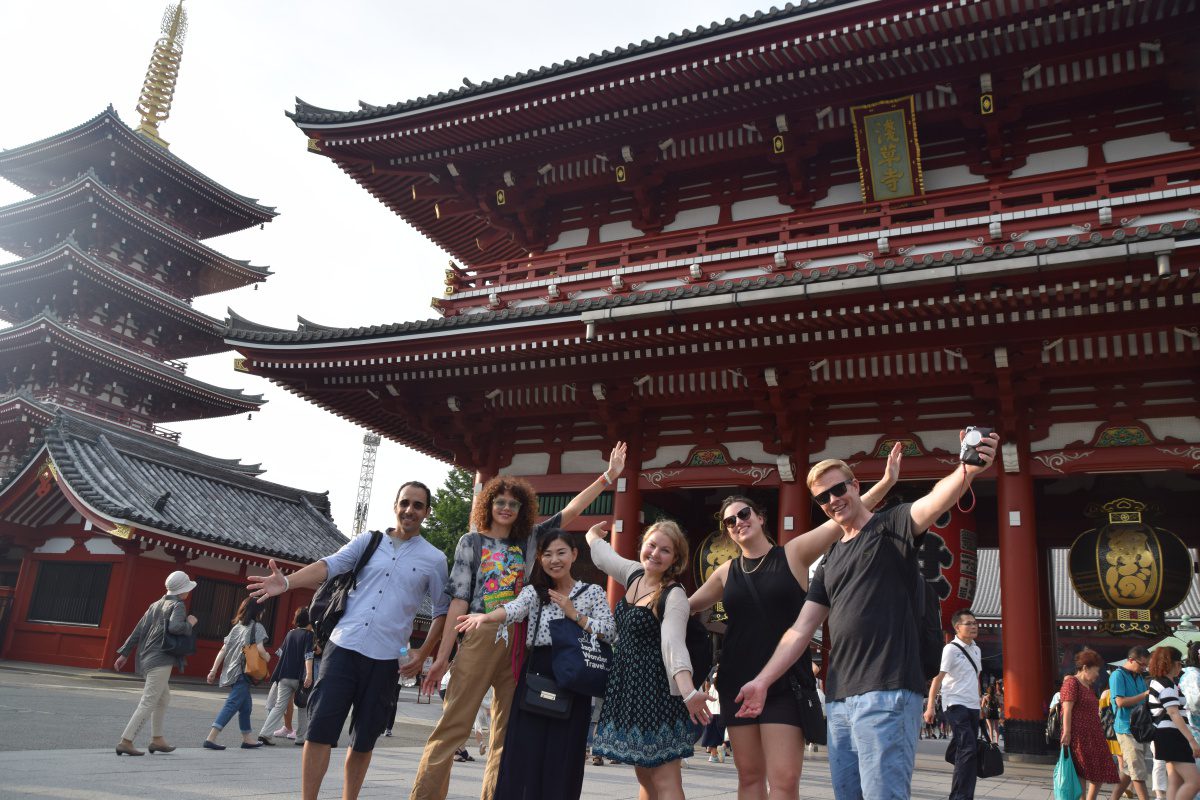
▶Mt. Fuji Day Trip Bus Tour from Tokyo
Experience the breathtaking views of Mt. Fuji by visiting the highlights of the area on our guided sightseeing bus tour! Departing from Shinjuku in central Tokyo, you can travel comfortably to all of the best spots in the area by bus.
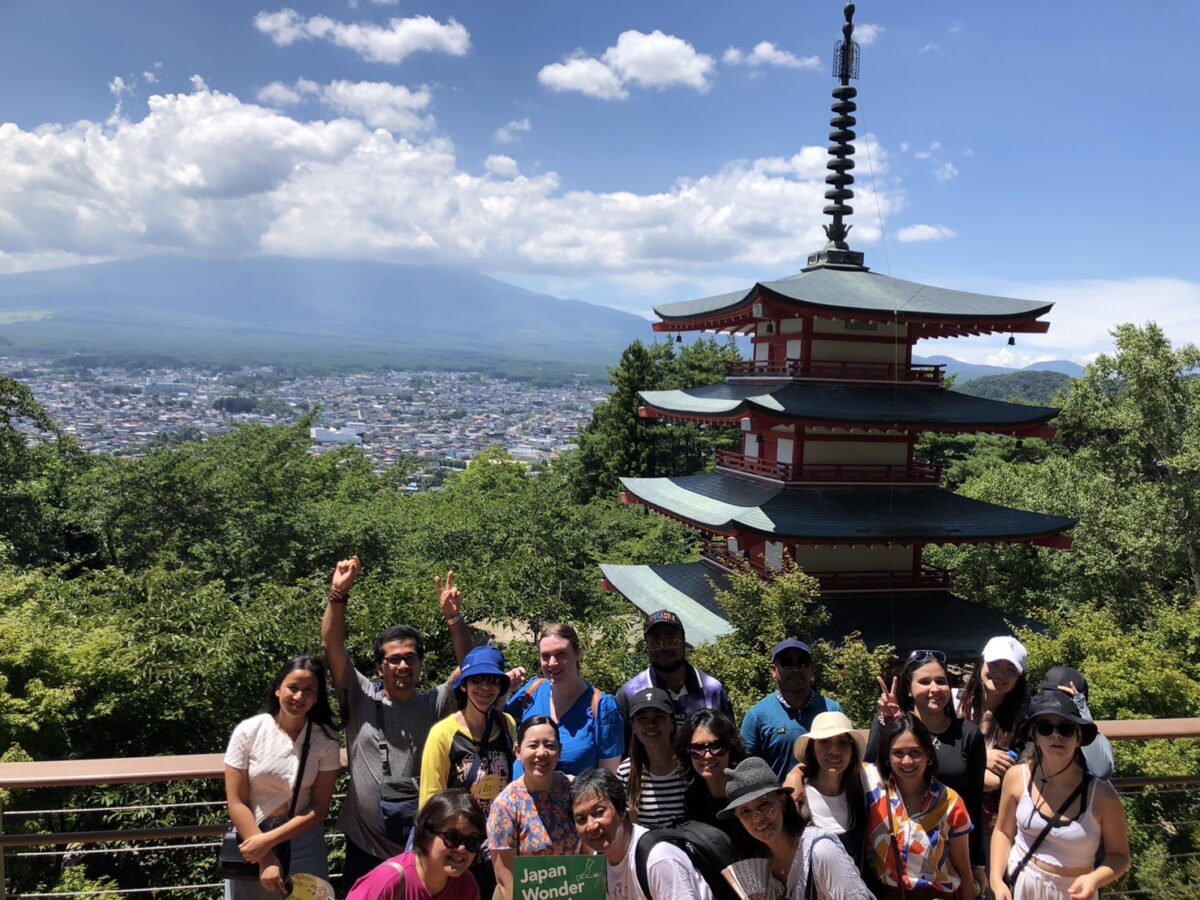
Follow us on Instagram, Facebook, Twitter, and TikTok for more travel inspiration. Or tag us to get featured!
Happy traveling!
Other articles you might like

Shota Yasuraoka was born in Tokyo Japan, and lived in Indonesia and Kyoto in his childhood due to his father’s job. In the fall of 2022, he is off to a US university to broaden his global perspective while studying Computer Science. He loves traveling and working on his English skills.
This post may contain some affiliate links. When you click through and make a purchase we may receive some commission, at no extra cost to you.
